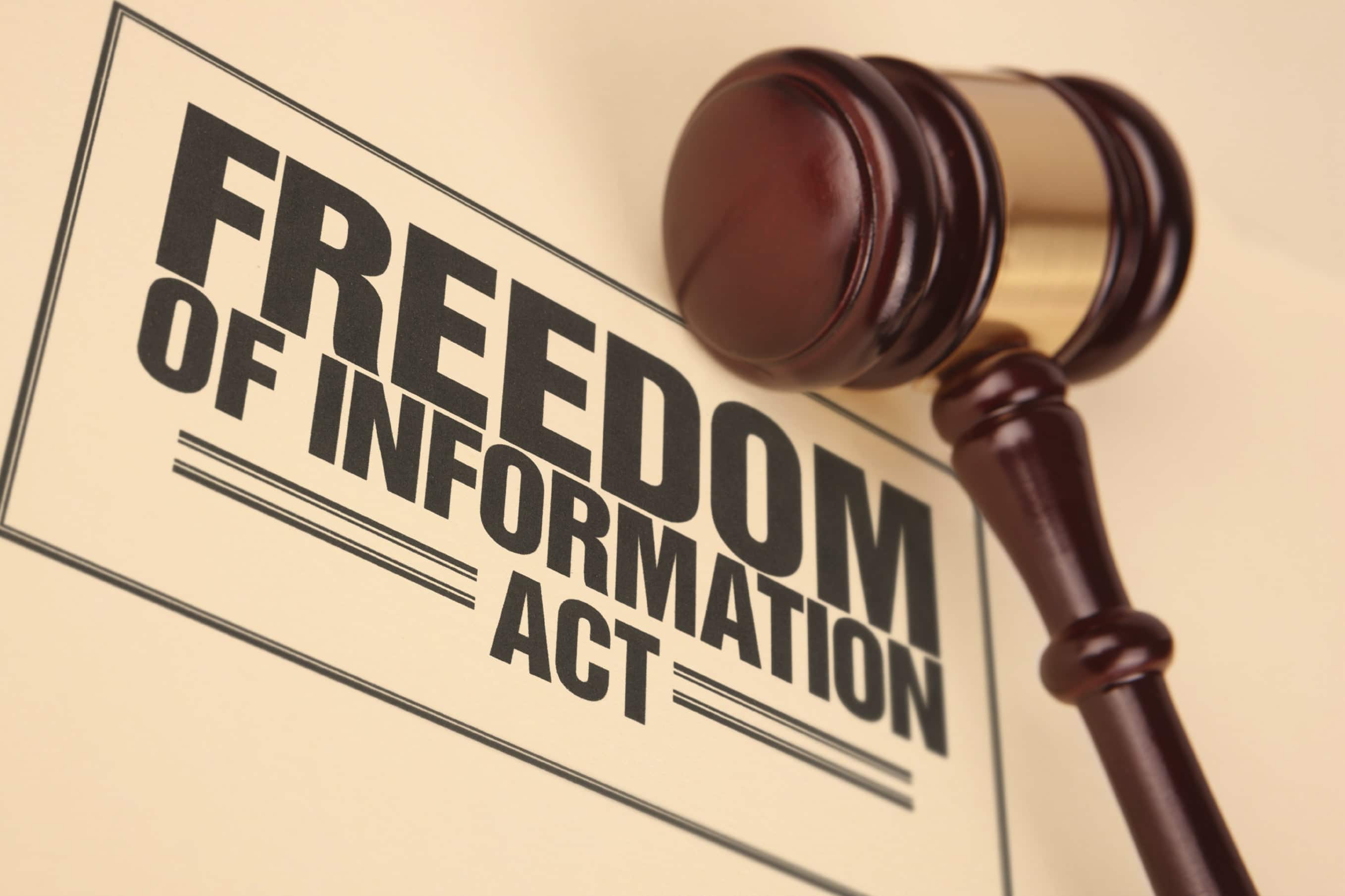Government officials are no longer turning a blind eye to the fact that everyone uses personal mobile devices for work-related discussions and everyone uses formerly unconventional means to discuss business. It is not unusual for a city attorney to send a text message to a colleague instead of an e-mail or to use their personal device, instead of an official city phone, to do so. These messages should be – and are increasingly being legally recognized – as matters of public record, which means that secure FOIA archiving in a proper manner is required..
As early as 2011, the Office of the Attorney General of Texas ruled that text messages and e-mails sent between public officials can be considered public information subject to the Texas Public Information Act. A city in Texas had received a request for SMS Text Messages and e-mails sent between the city’s commission members, the city secretary, and senior personnel.
While the attorney for the city argued that the Texas Public Information Act exempted this type of information due to privacy concerns, the Office of the Attorney General ruled against the city and affirmed that SMS Text Messages and e-mails that are created in connection with the transaction of official business are considered public information and covered by the Texas Public Information Act, and therefore those text messages open records need to be archived.
Texas is most certainly not alone. In 2011, the Illinois Attorney General’s Public Access Bureau published a binding opinion, Opinion 11-066, which clearly establishes that electronic communications related to information on the local, state, or federal level, whether shared on publicly or privately-owned devices, can be considered public records and are therefore subject to the Freedom of Information Act.
This opinion was the result of a dispute between a reporter for The News Gazette of Champaign and the city of Champaign, when the reporter filed a request under the Freedom of Information Act seeking “[a]ll electronic communications, including cellphone text messages” sent and received by certain officials during city council meetings and study sessions. The reporter also specified he was seeking information from “both city-issued and personal cellphones… e-mail addresses and twitter accounts.”
The city initially complied with only parts of the request, excluding the communications made from privately owned devices but the new opinion made it clear that business messages sent of private devices are messages that fall under the Freedom of Information Act and should be made available upon request.
In 2014, city officials in Norfolk, VA were sued by the People for Ethical Treatment of Animals (PETA) under the Freedom of Information Act, when city officials claimed they could not figure out how to retrieve and store freedom text messages and therefore refused to treat city-related text messages as public records.
The Norfolk Circuit Court ruled in favor of PETA’s Freedom of Information Act argument, making it clear once again that text messages open records are most certainly part of the public record archives and subject to sms FOIA archiving regulations.
These are just a few examples of cities that have gotten themselves into sticky legal situations due to legal questions surrounding the privacy of text messages and the differences between use of personal and official mobile devices and their inability to record mobile sms. While the law itself is not always updated in terms of specifying the technological details of what is included under the Freedom of Information Act or local versions of the law, it is becoming increasingly clear that courts are ruling against cities that hide work-product behind privacy claims. Government agencies on all levels of government are increasingly seeking solutions to securely archive text messages.
In March of this year, the Archivist of the United States sent a memorandum to Senior Agency Officials for Records Management and agency records officers, reminding them of their federal records and information management responsibilities.
The memo references the Federal Records Act, which was amended in 2014 and now defines a record as “all recorded information, regardless of form or characteristics, made or received by a Federal agency under Federal law or in connection with the transaction of public business…”
According to the memo, this includes messages created using the variety of electronic messaging platforms available today, including texts messages, encrypted communications, direct messages on social media platforms, email, or other types of electronic messaging systems of accounts.
Agencies are responsible for properly managing and public record archiving these messages, which are Federal records, even if sent from private email or other accounts.
The memo reminds agencies that any agency business conducted on non-official or personal electronic messaging accounts must be copied or forwarded to the user’s official electronic messaging account within 20 calendar days of the original creation, receipt, or transmission of the record.
When the Washington Supreme Court ruled in 2015 that work related text messages sent and received on public employee’s private phones were considered public records, and local state authorities knew they had to find a secure text messaging archiving solution that would allow them to comply with the ruling.
Initially, some localities tried instituting a ban on text messaging or the use of chat apps but they quickly realized that enforcing such a ban was impossible in today’s fast-paced world ruled by technology.
State officials were surprised to find that Verizon Wireless, their main network provider, was only archiving mobile text messages sent over the network for between three to five days. Some providers archive text messages slightly longer, others don’t archive at all.
To deal with the situation, many localities in Washington opted into a secure text message archiving system for all employees’ phones. This was also the case in Florida, where over a dozen cities and counties have installed FOIA archiving technology onto employee’s phones to prevent violations of Sunshine Laws. Sunshine Laws for the State of Florida require all correspondence, including mail, e-mail, faxes, social media posts, and especially text messages related to public business through public record FOIA archiving and recording of mobile sms.
As personal devices are used more often for work-related issues and as it becomes increasingly clear that the law does not protect those messages simply because they are sent from personal devices or through mobile text messaging or other chat applications that are less-conventional in a work environment, it is vital that states across the country quickly follow suit and ensure that all correspondence is properly archived and available for access under the Freedom of Information Act.
See also:
TeleMessage Government Archiving Solutions
States Deadlines When Responding to FOIA/Open Records Request
Sunshine Laws in the United States
Comparing Financial and Government Text Message SMS Archiving Regulations
Choose the Archiving Method that Works for You

Choose the Archiving Method that Works for You

Android Archiver
The TeleMessage Android App runs in the background of your device and copies all messages and sends it to the TeleMessage server to be archived. Read more

Network Archiver
We’ve partnered with the leading mobile carriers to copy messages directly from the network side. Read more
Enterprise Number Archiver
Provides employees with a business number associated with an App on their phone. Business communication is archived. Read more

WhatsApp Archiver
The TeleMessage WhatsApp Archiver runs in the background of your device and copies all WhatsApp chats and attachments and sends them to the TeleMessage server to be archived. Read more




